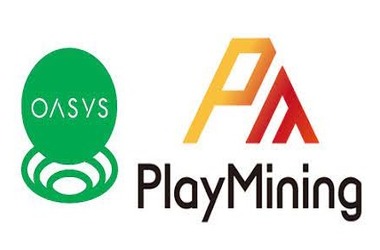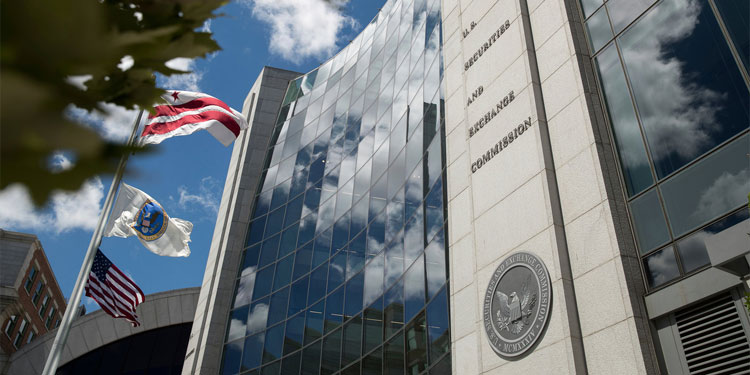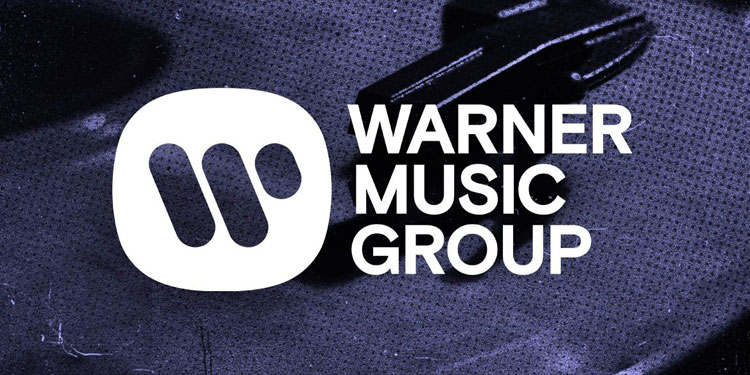 Digital Entertainment Asset Pte. Ltd. (DEA), a prominent global blockchain entertainment company headquartered in Singapore and the owner of the highly acclaimed PlayMining GameFi platform, has recently unveiled a strategic collaboration with Oasys, a well-established blockchain gaming platform originating from Japan. The collaborative efforts between DEA and Oasys will lead to the creation and deployment of a novel Layer 2 blockchain solution, tentatively named ‘DEP Verse,’ built on top of the Oasys Layer 1 blockchain infrastructure.
Digital Entertainment Asset Pte. Ltd. (DEA), a prominent global blockchain entertainment company headquartered in Singapore and the owner of the highly acclaimed PlayMining GameFi platform, has recently unveiled a strategic collaboration with Oasys, a well-established blockchain gaming platform originating from Japan. The collaborative efforts between DEA and Oasys will lead to the creation and deployment of a novel Layer 2 blockchain solution, tentatively named ‘DEP Verse,’ built on top of the Oasys Layer 1 blockchain infrastructure.
Furthermore, a collaborative effort between DEA and Oasys is set to be initiated, with the aim of implementing various initiatives on the DEP Verse platform. The overarching objective of these endeavors is to effectively tackle pertinent societal concerns. Furthermore, it is the shared objective of both organizations to engage in a collaborative effort aimed at expanding the Oasys ecosystem and fostering the extensive adoption of gaming built on blockchain technology.
Kozo Yamada, one of the co-founders and co-CEOs of DEA, has elucidated the overarching vision of the company regarding PlayMining. This vision entails harnessing the potential of web technology to transform video games into a formidable instrument capable of bestowing manifold advantages upon society. Yamada underscored the conviction that games have the potential to make significant contributions towards environmental, social, and governance (ESG) objectives, as well as sustainable development goals (SDGs). As a result, the collaboration with Oasys marks a significant achievement in their endeavor to promote the worldwide adoption of the ‘GameFi-for-Good’ concept.
The primary areas of emphasis for the partnership between DEA and Oasys revolve around two key aspects. Firstly, there is a shared commitment to conducting joint investigations into novel game titles available on the Oasys platform. This collaborative effort aims to ensure that these games adhere to established standards and regulations. Secondly, both entities are actively engaged in cooperative marketing and public relations endeavors. The objective of these initiatives is to attract a broader demographic of mainstream participants to blockchain games, thereby expanding the reach and appeal of this emerging form of entertainment. The PlayMining team will not only be responsible for launching games on the Oasys platform but will also extend their expertise by providing consulting and support services to other initiatives aiming to achieve the same goal. The partnership benefits greatly from the valuable expertise provided by DEA, which has successfully managed its blockchain and GameFi platform for a period exceeding three years. Impressively, the platform has managed to attract an impressive user base of over 2.7 million individuals.
Oasys is a blockchain specifically developed for the gaming industry, offering a layer 1 ‘hub’ technology and a layer 2 ‘verse’ platform. These innovative solutions empower developers to create decentralized applications (dApps) for gaming purposes. The platform incorporates a consensus mechanism known as Proof of Stake (PoS), which not only ensures environmental sustainability but also eliminates the need for transaction fees. The Oasys blockchain boasts a distinguished lineup of initial validators, including prominent entities like SEGA, Bandai Namco Research Institute, Square Enix, Ubisoft Strategic Innovation Lab, Netmarble, Neowiz, and Nexon. Additionally, industry giants such as Yield Guild Games and SoftBank have also joined this esteemed group of validators.
Daiki Moriyama, the Director of Oasys, has conveyed his enthusiasm for the ‘Web3 x Social Good’ vision of DEP Verse, highlighting its potential to enhance gaming opportunities. Moriyama eagerly looks forward to the forthcoming implementation of initiatives and content on DEP Verse. Oasys, a Japanese blockchain gaming initiative, aims to rejuvenate the Japanese gaming industry.
The Drug Enforcement Administration (DEA) currently possesses a wide range of GameFi-related initiatives within its portfolio. The PlayMining GameFi platform, a prominent flagship platform, offers users the opportunity to engage in six Play-and-Earn (P&E) games. These games not only provide an enjoyable gameplay experience but also enable users to earn DEAPcoin ($DEP) as they participate. The Drug Enforcement Administration (DEA) is actively involved in a collaborative metaverse initiative, alongside managing two distinct non-fungible token (NFT) marketplaces. These platforms provide artists with the opportunity to receive royalties for their creations, while consumers can utilize DEAPcoin as a means of transaction. These marketplaces offer a wide range of NFTs, including collectible art pieces as well as utility NFTs that can be utilized within PlayMining games. DEAPcoin, hailed as Japan’s inaugural officially sanctioned P&E token, can be readily traded on prominent exchanges, including OKX, Uniswap, Gate.io, Bitmart, and Bitrue.
The Drug Enforcement Administration (DEA) is currently engaged in ongoing investigations pertaining to further advancements in PlayMining technology. The organization is committed to advancing the cause of GameFi-for-Good through the creation of avenues for profit and empowerment, with the aim of assisting marginalized groups, including single mothers, disabled individuals, and impoverished agricultural communities. The Drug Enforcement Administration (DEA) has expressed its intention to enhance the reach and effectiveness of the P&E (Product and Endorsement) and NFT (Non-Fungible Token) paradigms within the advertising industry. This will be achieved through the integration of product placement NFTs and the introduction of user token rewards for participating in advertorial market surveys.
The DEA also assumes a significant role in supporting independent game studios by offering a platform for game launches and the monetization of their intellectual properties (IPs) through NFT sales. DEA plans to enhance its third-party support by collaborating with Oasys, with the aim of facilitating the creation of outstanding P&E games for a wider range of companies. Yamada suggests that in order to achieve widespread acceptance of blockchain games, it is imperative to foster a strong and thriving ecosystem. P&E gaming presents a heightened level of social value compared to conventional video games, and this value is poised to further expand as the industry reaches a more advanced stage of development. According to Yamada, the increasing appeal of P&E games to individuals who are not traditionally gamers could potentially act as a catalyst for widespread acceptance of blockchain technology.








